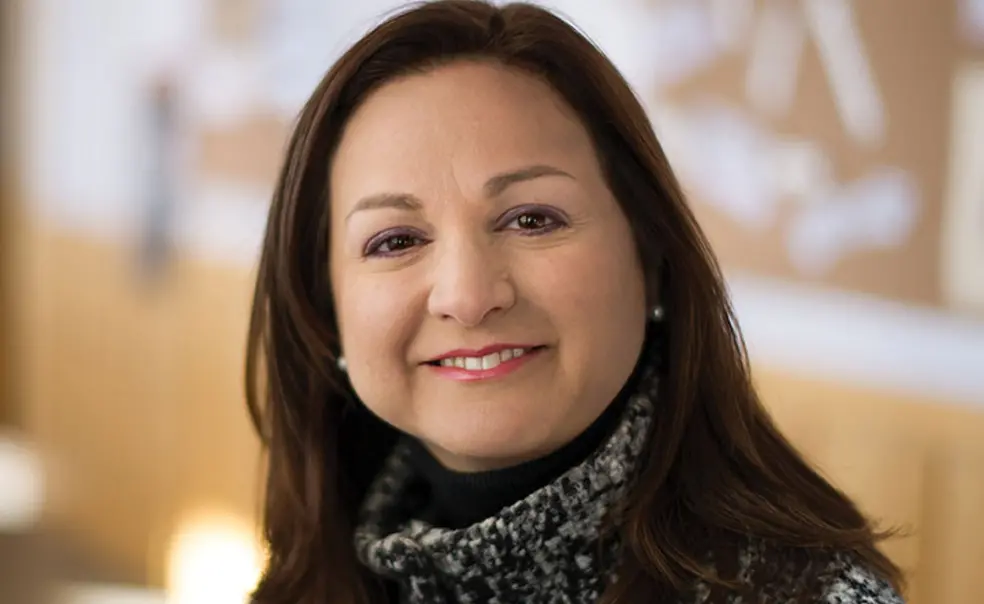In 2001, Princeton hired Debbie Bazarsky as its first full-time professional to support the University’s lesbian, gay, bisexual, and transgender (LGBT) community. The LGBT Center opened its doors four years later, and she was named its director. Bazarsky recently moved into a new role as diversity and inclusion manager for the Office of Human Resources. She spoke to PAW about the evolution of Princeton’s LGBT community.
What were your goals when you arrived at Princeton?
My goal was threefold. One was to provide education about LGBT issues, because in 2001 there were a lot of misperceptions and homophobia on campus. The second was to create community for the LGBT students on campus. The third was to really understand the needs of the LGBT community, and to address those issues and concerns.
Has much changed since then?
The campus has changed dramatically — and in that time, the country also has changed in terms of understanding of LGBT issues and support of LGBT people. When I started here, I could literally count the number of LGBT students on my hand. Now we have 50 to 70 incoming first-year students who have already come out of the closet, and many more who come out during their time here. When I started, there were no “out” transgender students and no asexual community.
What has the LGBT Center done well, and what remains to be done?
I think we’ve done a great job of creating community for LGBT students; of educating students, staff, and faculty about LGBT issues; of advocating for policy and procedural change around a whole host of issues. Left on that to-do list are alumni engagement and ensuring that transgender students have a seamless process on campus.
How supportive have alumni been?
Alumni have been amazing — coming back to campus, engaging with students, coming to speak on panels. I would love to see that continue, and to see alumni support the center financially if they are able to. The “Every Voice” conference [for LGBT alumni] in 2013 brought about 600 alumni back to campus ... it was really a dream come true.
What have been the major issues for transgender students, and how much progress has been made?
Some students still experience negative comments, stares, ignorance. People maybe don’t mean malice, but say things that are hurtful and offensive. Procedurally, we still have work to do, which the Transgender Advisory Committee has been working on.
Some of the successes are that we’ve helped get health-care coverage for transitioning students, staff, and faculty; we just had two gender-inclusive locker-room facilities installed in Dillon Gym; we’ve converted a number of bathrooms to gender-inclusive; and [we’ve] appealed to the State of New Jersey to change more of our restrooms and have been granted that.
What have you learned about Princeton?
The students are amazing; the alumni have a love for and commitment to the institution like no other campus I have ever worked at; the University really wants to do the right thing. In my second year, I was in a boardroom in Nassau Hall with senior administrators talking about transgender issues. Everybody around the table was trying to figure out what’s the right thing to do — how can we support transgender students? I think there were very few institutions in 2002 where you could have sat with senior administrators and had that level of commitment and support.
Interview conducted and condensed by Tara Thean












No responses yet